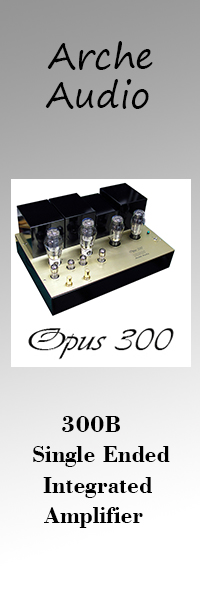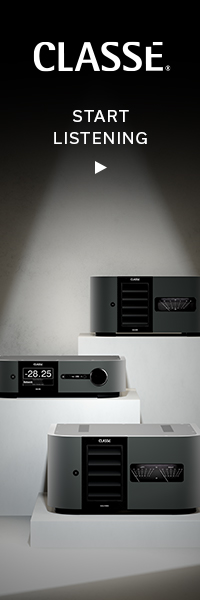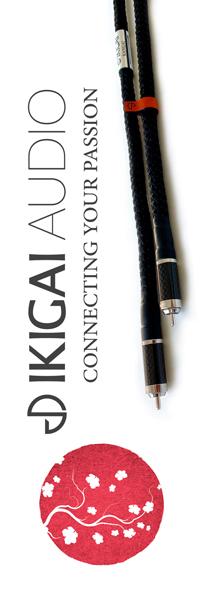Most Wanted 2017

2017 Stereo Times “Most Wanted Component” Awards

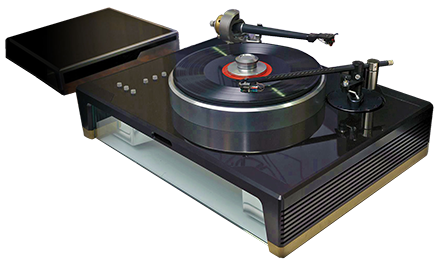
Audio Union Dohmann Helix 1 Turntable ($40,000) and Schroder Captive Bearing 9” Tonearm ($4,900): This is the first turntable built around MinusK system. TheDohmann Helix 1 has distinctive looks, unlike any other turntable on the market. Its design concept is unique, beginnig with the integrated MinusK Negative Stiffness isolation platform. Incredibly, MinusK is a totally passive leaf-spring design that isolates down to 0.5Hz vertically and 1.5Hz horizontally. The Helix 1 delivers unparalleled analog playback performance utilizing a unique Micro Signal Architecture (MSA) engineering that sets new noise reduction and micro-signal preservation benchmarks. Stunningly, the Helix 1 rewards the listener with the closest experience to a master tape. The Helix ‘s illustration of individual images is exemplary, revealing layers of small detail and nuance that I’d not previously experienced. I heard a wonderful tunefulness in its harmonics and rhythmic rightness from top to bottom. (Key Kim)

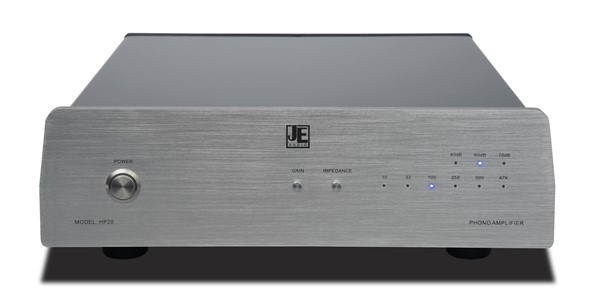
JE Audio HP 20 Phono Preamp ($1600): John Lam has to be one of China’s most talented high-end audio designers. The HP 20 is a solid-state phono preamp whose performance is not far at all from the performance of their stellar, vacuum-tube based HP 10 that our Dave Thomas reviewed. Like it’s elder brother, the cartridge impedance loading and gain can be set on the front panel, is very quiet at all volume levels and is built to a very high standard. The HP20’s build, performance, and feature set allow it to compete with phono preamps costing more than twice its price. I did find performance to be critical of cables used with it. (Mike Wright)
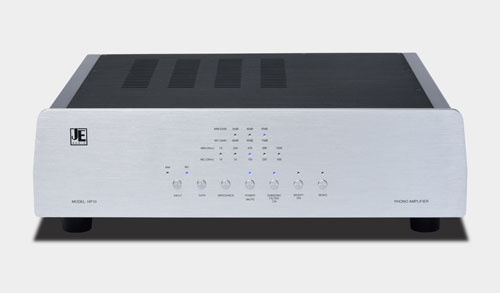
JE Audio HP10 Phono Amp ($3,300.00 reviewed here): The JE Audio HP10 phono amp is what high-end audio is all about. It’s an innovative blend of solid-state circuitry that ensures signal clarity with the life-giving magic of tubes at the output stage. It’s wonderfully built, thoughtfully designed and fully adjustable to accommodate a wide variety of cartridges and analog systems. (Dave Thomas)

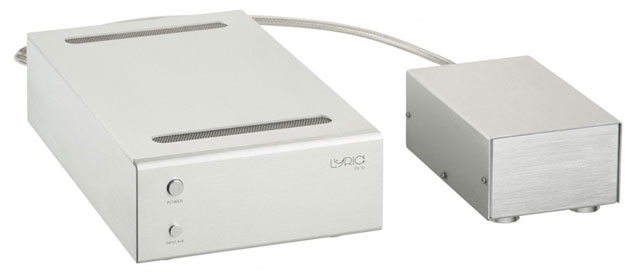
Lyric Audio PS-10 Phono preamp ($4,450.00 reviewed here): The PS-10 will give most users all the phonostage they’re likely to ever need without all of the tweeky controls they’re unlikely to ever use. Its simplified set of features, limited simply to adjustable impedance, might not offer the last iota of control for the most exotic cartridges, but for the vast majority of moving coils it’ll work great. Most importantly it sounds fantastic: detailed, lively and colorful, with deep tight bass and an expansive soundstage. As an added bonus the PS-10 also has a second input for moving magnet cartridges, allowing the user to run two turntables at once; a particularly useful feature for that second monaural table. It’s also built like a tank. The Lyric PS-10 phonostage is easy to use and a pleasure to listen too. (Greg Simmons)


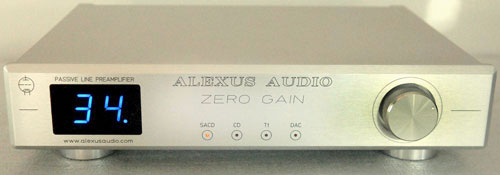
Alexus Audio Zero Gain Passive Preamplifier ($1100.00): The good sounding and uniquely designed Alexus Audio Zero Gain Passive Preamp comes recommended with the caveat that it needs pairing with speakers of higher efficiency than my 83dB sensitive hybrids to get really room-filling volume, unless used in a smaller place than our good-sized loft. It’s a great sounding preamp, with impressive build quality and esthetics. In my application, with our larger room, I’m best off with an active preamplifier… that, or I have to go about replacing my beloved, though inefficient, ET LFT-8b’s – so I need the gain with the equipment I have. The Zero Gain passive pre did a fine job here, but riding the volume knob so near max was a small concern. Had I more efficient speakers with 98dB or greater sensitivity, I’d have bought the review sample in a heartbeat. Anyone with higher sensitivity speakers, in search of a preamp that makes minimal impact on the audio signal, should give this quiet and quite affordable Zero Gain Passive Preamplifier a listen. (Greg Voth)

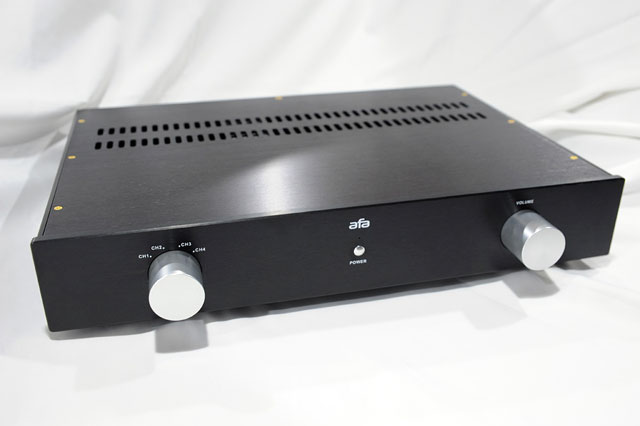
Art Forme Integrated amplifier ($1,350 reviewed here) Fabulous and affordable are its major charms among many! (Clement Perry)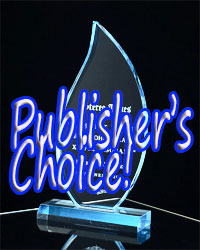

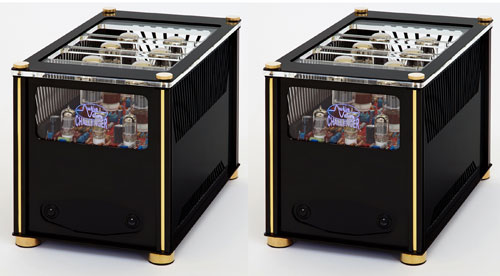
Audio Valve Challenger 115 Monoblock Amplifier ($9,200/pair): They feature a unique parallel push-pull Class-A design using six beam power pentode tubes per channel. The Challenger can be used with EL-34s, 6550s, or KT88s, and it produces a powerful 115 to 180 watts per channel. This is made possible by its revolutionary and proprietary Automatic Bias Regulator (ABR) circuitry, which monitors, biases and controls each tube independently. Brilliantly, it makes tube replacement very economical and simple, there is no need for tube matching to get the best sound. My review pair was equipped with the EL-34s and they rendered music with power and authority, transparency and beautiful tonality. (Key Kim)

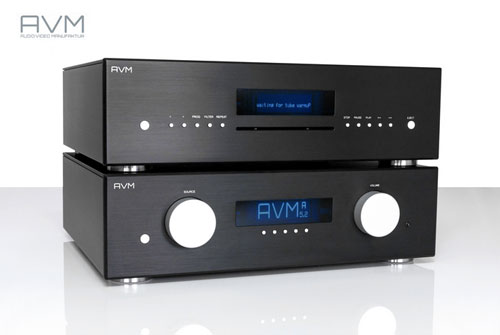
AVM EVOLUTION MP5.2 MediaServer ($8450.00) and AVM EVOLUTION A 3.2 integrated amplifier ($6500.00): are carefully developed and assembled by the AVM engineers in Malsch, Germany, with vendors for housing and electronic parts located near-by. I thought the AVM MP5.2 Player and A 3.2 Integrated Amplifier (175wpc into 8 ohms) were a great musical combo. The MP5.2, with its built in CD player, USB DAC and the multiple of digital inputs it offers fills in the feature set that the A 3.2 amp lacks in stock form. Addition of the optional modules available for the A 3.2 increase the amp’s usefulness, certainly if used without the MP5.2 MediaPlayer. The EVOLUTION A 3.2 Integrated Amplifier was a surprisingly strong contender and quite musical, given it’s minimal weight noted upon delivery. Heed my caveat and forgo spades for banana plugs for speaker cable termination at the binding posts you’ll expose all of this unit’s inputs (spades block some of them). Be mindful of static electricity on very dry days – digital sources seem to be susceptible to static and tend to stop when shocked – and you’re good to go with this musical combo. (Greg Voth)

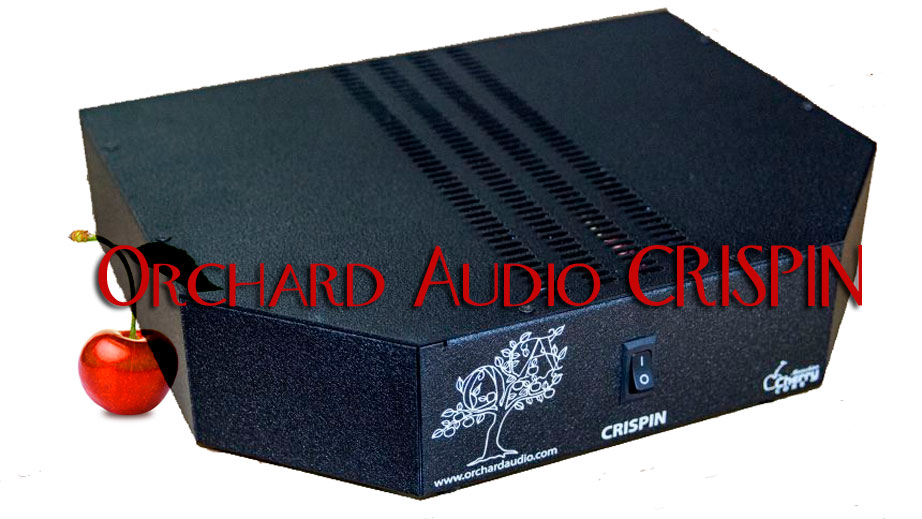
CRISPIN – High Performance Stereo Audio Amplifier ($1,749.00 reviewed here): The Orchard Audio CRISPIN (Cherry Inside) Stereo Amplifier is the first Maraschino Module based amplifier to be produced with the Digital Audio Company’s (DAC) Class-D modules. I found the CRISPIN one warm and wonderful sounding product – the first to begin the DAC and Orchard Audio partnership. To quote its maker, “you can get access to the Cherry Amplifier Technology® at an affordable price.” If you’re in the market for a great sounding 100 wpc into 8Ω Class-D power amplifier, the CRISPIN is the unit to give some of your time. (Greg Voth)


Dunu Topsound DK-3001 ($300): Audiophile brands sometimes provide clarity without excitement. Dunu rises above this sad fate. Three-drivers deliver both a visceral and a musical performance. Drums on “In Bloom” sound thunderous. Kurt Cobain’s vocals hang suspended above the backing instruments, executed with the angst characteristic of his dark personality (Mark Abell).

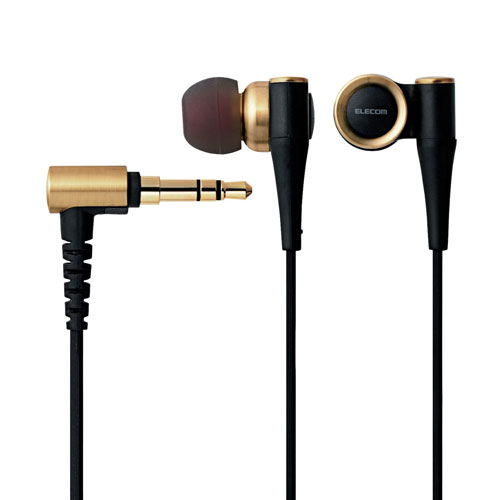
Elecom 1000SV in-ear Headphones ($350.00): While earphones typically lack power, the Elecom 1000SV creates a huge wall of sound like a souped-up Honda Civic that quickly overtakes its street-race competitors. They embody both an appealing aesthetic and stunning performance. Their exterior is flanked by sculpture like aluminum enclosure “wings” which are were designed by the legendary anime creator Shirow Masamune who just released ‘Ghost in the Shell’ in theaters. Like earplugs, they offer passive noise isolation and will block out external noise on the subway without batteries. Their cord is replaceable which eliminates the concern that a damaged cable will render them useless. (Mark Abell)

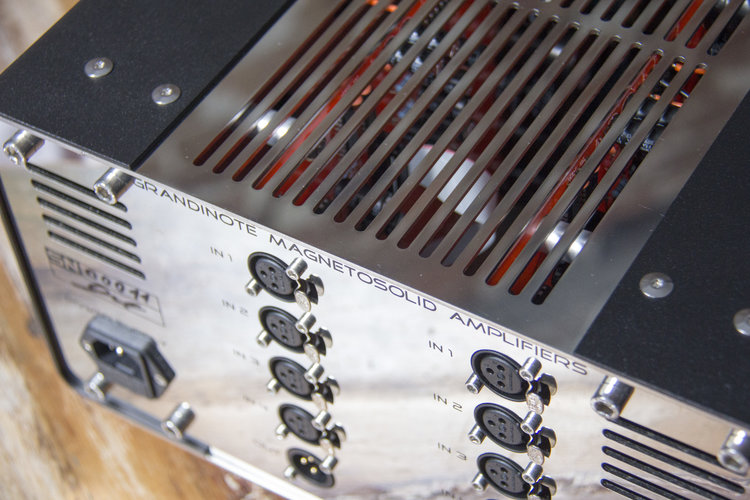
 Grandinote Audio Genesi preamplifier ($23,500): Just a surprisingly smoother and more linear sounding solid-state preamp that sounds like tubes. More expressive than the Domino, its world-class predecessor (reviewed here). A true balanced circuit design that designer Massimaliano Magri says sets a new benchmark in quite and performance. We wholeheartedly agree. Review in the works. (Clement Perry)
Grandinote Audio Genesi preamplifier ($23,500): Just a surprisingly smoother and more linear sounding solid-state preamp that sounds like tubes. More expressive than the Domino, its world-class predecessor (reviewed here). A true balanced circuit design that designer Massimaliano Magri says sets a new benchmark in quite and performance. We wholeheartedly agree. Review in the works. (Clement Perry)

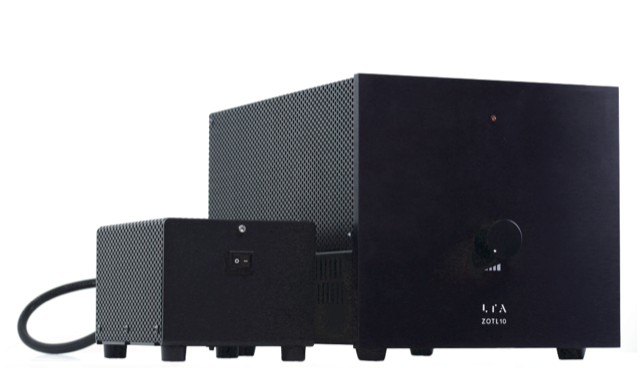
Linear Tube Audio ZOTL 10 Mk II Amplifier ($3,200.00): This tubed 10-watter has it all; pace, punch and crystal clarity. When you’re paying $320 bucks a watt, you’d better get what you paid for, and if you have reasonably efficient speakers like me, with the ZOTL Mk II you certainly do! What that means is a positively proprietary, lightweight, cool-running, subtly musically expressive creature that can entrance and enthrall with everything from Ravel to Radiohead. Able to function as a remote-controllable integrated as well, ZOTL Mk II is among the very best amplifier values I’ve come across in the past decade of reviewing and listening. An absolute music lovers’ delight! (David Abramson)
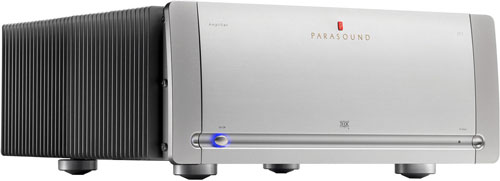 Parasound Halo JC1 Monoblocks ($10k pair): Heard a pair of these behemoths at RMAF 2017, powering a pair of Tekton Double Impacts. Sound was remarkably expressive, yet relaxed and coherent. At 400 watts per side, these John Curl designs possess both power, fidelity and the ability to let the music play in a way that usually reserved for higher priced designs. Review in the works! (Clement Perry)
Parasound Halo JC1 Monoblocks ($10k pair): Heard a pair of these behemoths at RMAF 2017, powering a pair of Tekton Double Impacts. Sound was remarkably expressive, yet relaxed and coherent. At 400 watts per side, these John Curl designs possess both power, fidelity and the ability to let the music play in a way that usually reserved for higher priced designs. Review in the works! (Clement Perry) 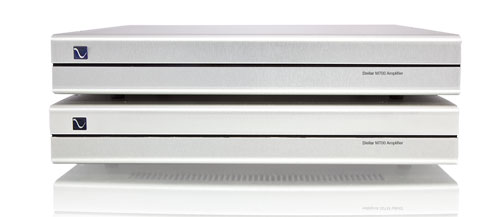 PS Audio – M700 Power Amplifiers ($,2995.00): Okay, here’s a product recommendation that’s currently in review… and I reserve the option to recommend it again in 2018 once the review goes live! I’ve been putting source material through the rig using a pair of PS Audio Stellar M700 Power amplifiers for a few weeks now and have been consistently impressed with the musicality and get-up-and-go of these 350 watt (700 watts into 4 ohms) mono blocks. I was immediately taken with the weight of the music even with the M700 at initial break in – my 83db sensitive Eminent Tech LFT-8b’s came alive, the sudden immediacy in the presentation was undeniable. The lower bass foundation had both deepened and widening, giving the impression that there were subwoofers alive and kicking in the loft. Both imaging and soundstage were improved above the ET’s already “stellar” presentation and the Stellar’s delivering an added musicality missing until their use. Color me impressed. These might be the first “higher-priced components” I can’t live with out… but wait, there’s more! At $2995 per pair, they’re not high-priced at all. (Greg Voth)
PS Audio – M700 Power Amplifiers ($,2995.00): Okay, here’s a product recommendation that’s currently in review… and I reserve the option to recommend it again in 2018 once the review goes live! I’ve been putting source material through the rig using a pair of PS Audio Stellar M700 Power amplifiers for a few weeks now and have been consistently impressed with the musicality and get-up-and-go of these 350 watt (700 watts into 4 ohms) mono blocks. I was immediately taken with the weight of the music even with the M700 at initial break in – my 83db sensitive Eminent Tech LFT-8b’s came alive, the sudden immediacy in the presentation was undeniable. The lower bass foundation had both deepened and widening, giving the impression that there were subwoofers alive and kicking in the loft. Both imaging and soundstage were improved above the ET’s already “stellar” presentation and the Stellar’s delivering an added musicality missing until their use. Color me impressed. These might be the first “higher-priced components” I can’t live with out… but wait, there’s more! At $2995 per pair, they’re not high-priced at all. (Greg Voth) 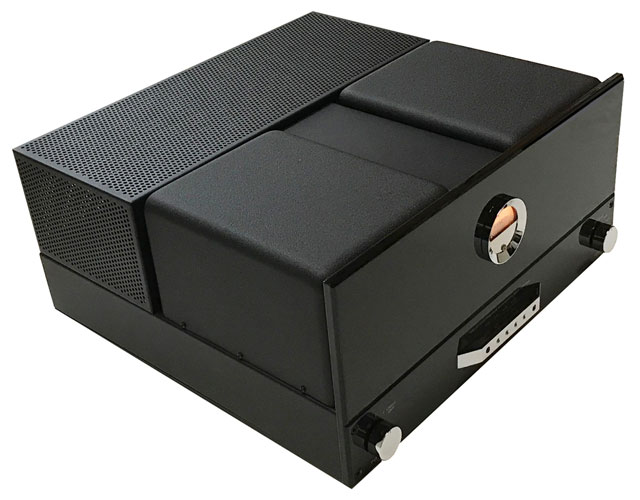
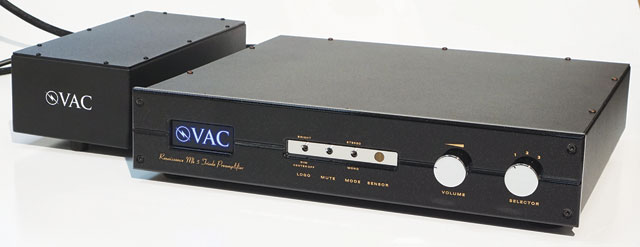 Valve Amplification Company Renaissance Mk V Preamp w/Phono ($13,000.00) and Signature 200 iQ Amplifier ($14,000.00 reviewed here):Kevin Hayes and VAC represent some of the best audio gear the US has to offer and competes with the best available. This amp/preamp combination is very well made and a brilliant performer, especially with the Signature 200’s iQ circuit which ensures your amplifier tubes are always performing at their optimum. Gone are the days of wondering if a tube is getting close to going bad or if the performance is beginning to deteriorate. The Renaissance 200 preamp reaches a level of musicality with both analog and digital sources that is simply not common with most audio gear. Whether used in systems separately or used as preferred, together, this amp/preamp combination is highly desireable. Adding a second Signature 200, and running the amps in mono, is even more special, but that will have to be a tale for another day. (Mike Wright)
Valve Amplification Company Renaissance Mk V Preamp w/Phono ($13,000.00) and Signature 200 iQ Amplifier ($14,000.00 reviewed here):Kevin Hayes and VAC represent some of the best audio gear the US has to offer and competes with the best available. This amp/preamp combination is very well made and a brilliant performer, especially with the Signature 200’s iQ circuit which ensures your amplifier tubes are always performing at their optimum. Gone are the days of wondering if a tube is getting close to going bad or if the performance is beginning to deteriorate. The Renaissance 200 preamp reaches a level of musicality with both analog and digital sources that is simply not common with most audio gear. Whether used in systems separately or used as preferred, together, this amp/preamp combination is highly desireable. Adding a second Signature 200, and running the amps in mono, is even more special, but that will have to be a tale for another day. (Mike Wright)Stereo Times Masthead
Publisher/Founder
Clement Perry
Editor
Dave Thomas
Senior Editors
Frank Alles, Mike Girardi, Russell Lichter, Terry London, Moreno Mitchell, Paul Szabady, Bill Wells, Mike Wright, and Stephen Yan,
Current Contributors
David Abramson, Tim Barrall, Dave Allison, Ron Cook, Lewis Dardick, John Hoffman, Dan Secula, Don Shaulis, Greg Simmons, Eric Teh, Greg Voth, Richard Willie, Ed Van Winkle, Rob Dockery, Richard Doran, and Daveed Turek
Site Management Clement Perry
Ad Designer: Martin Perry


